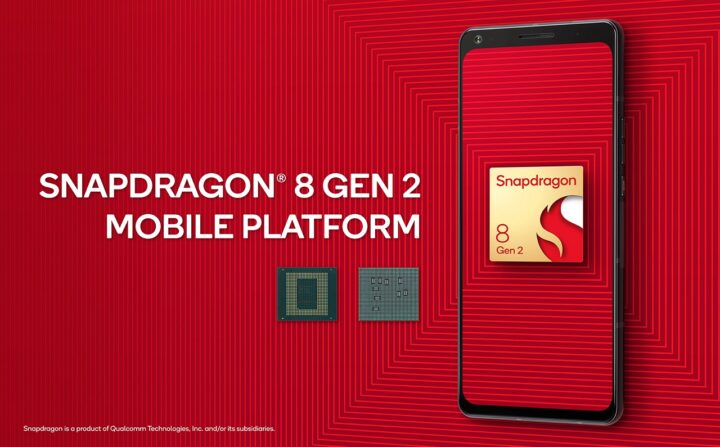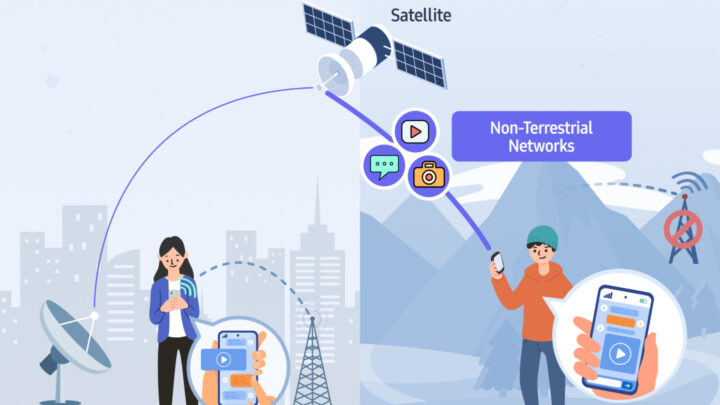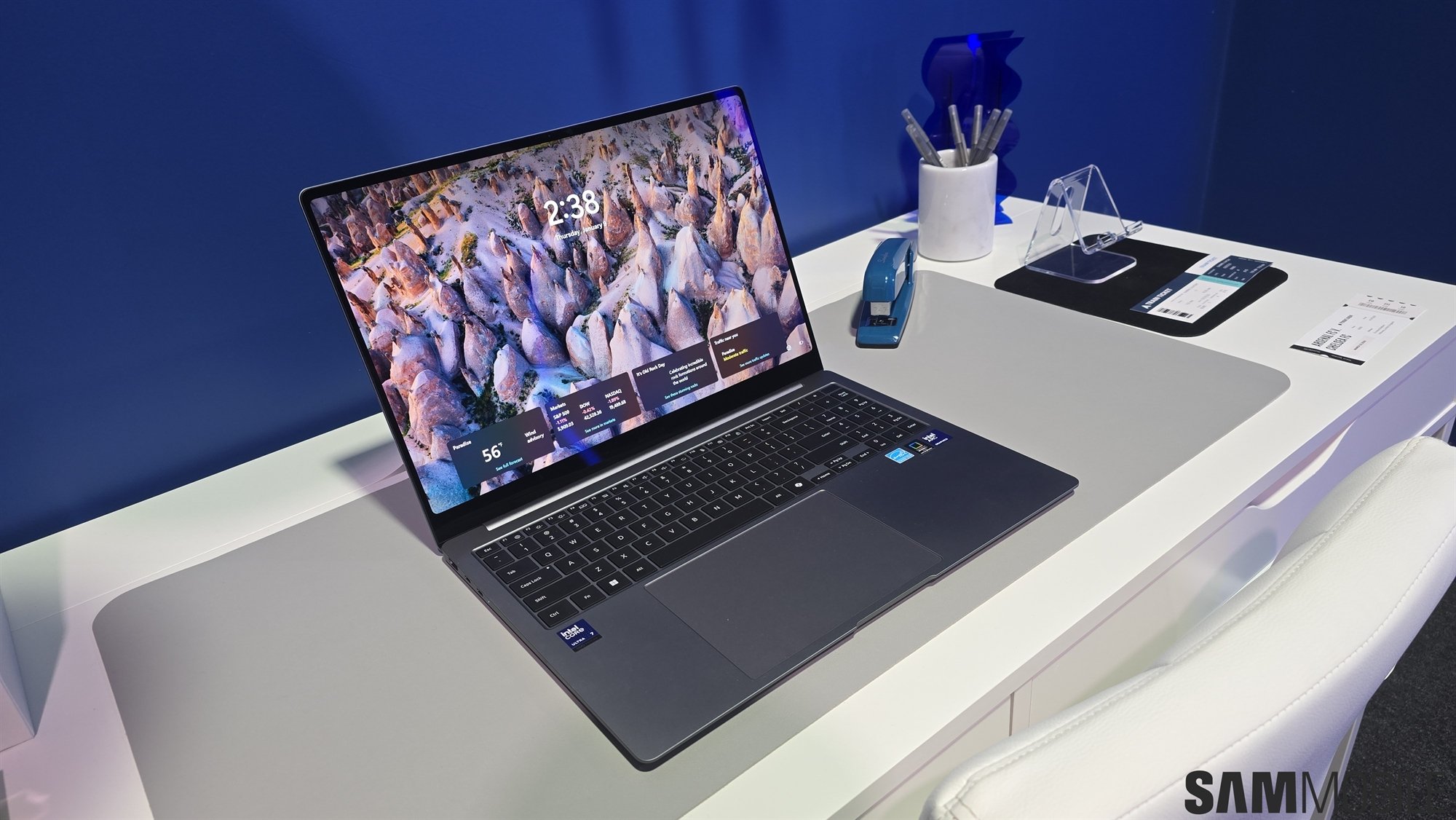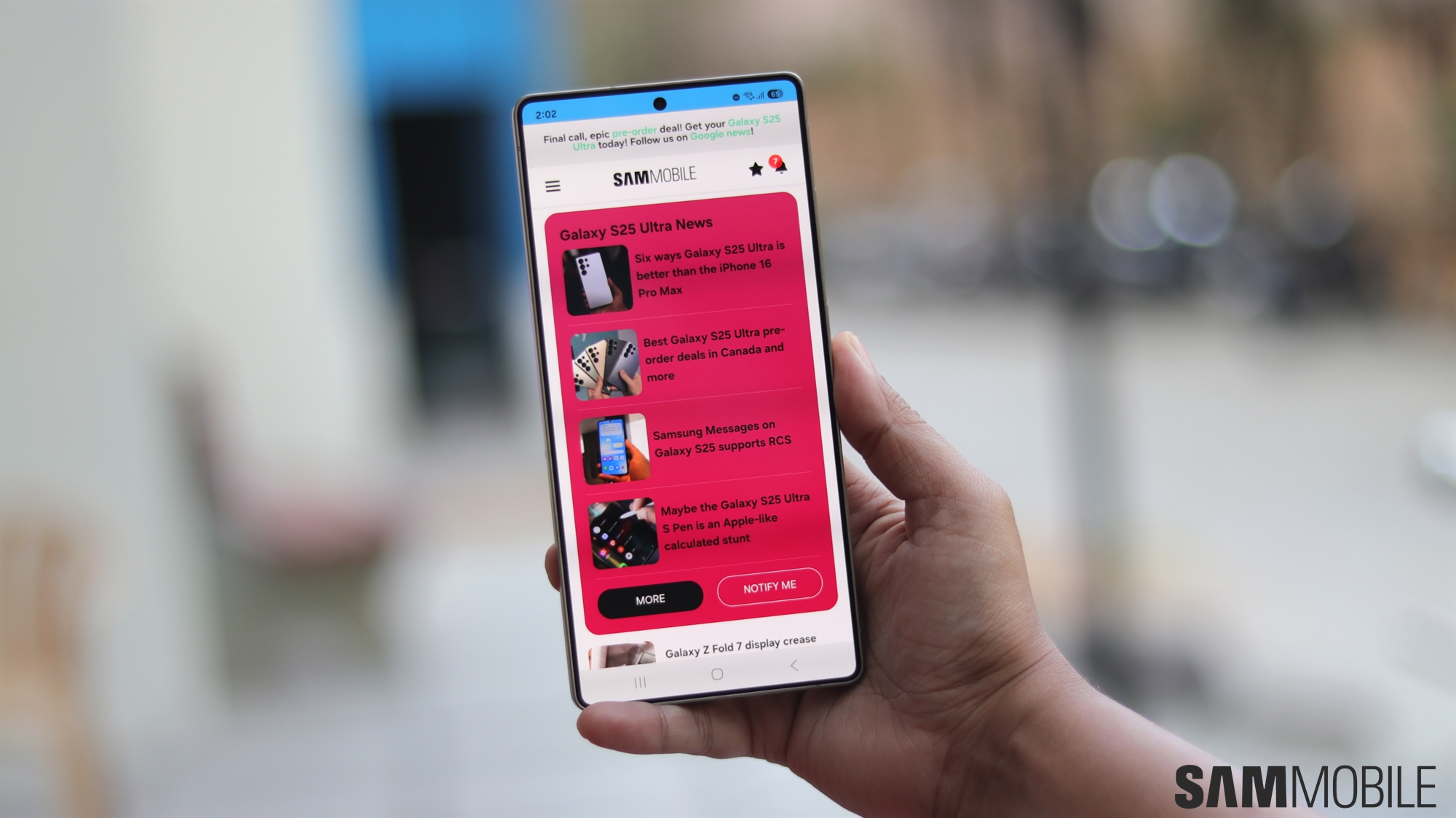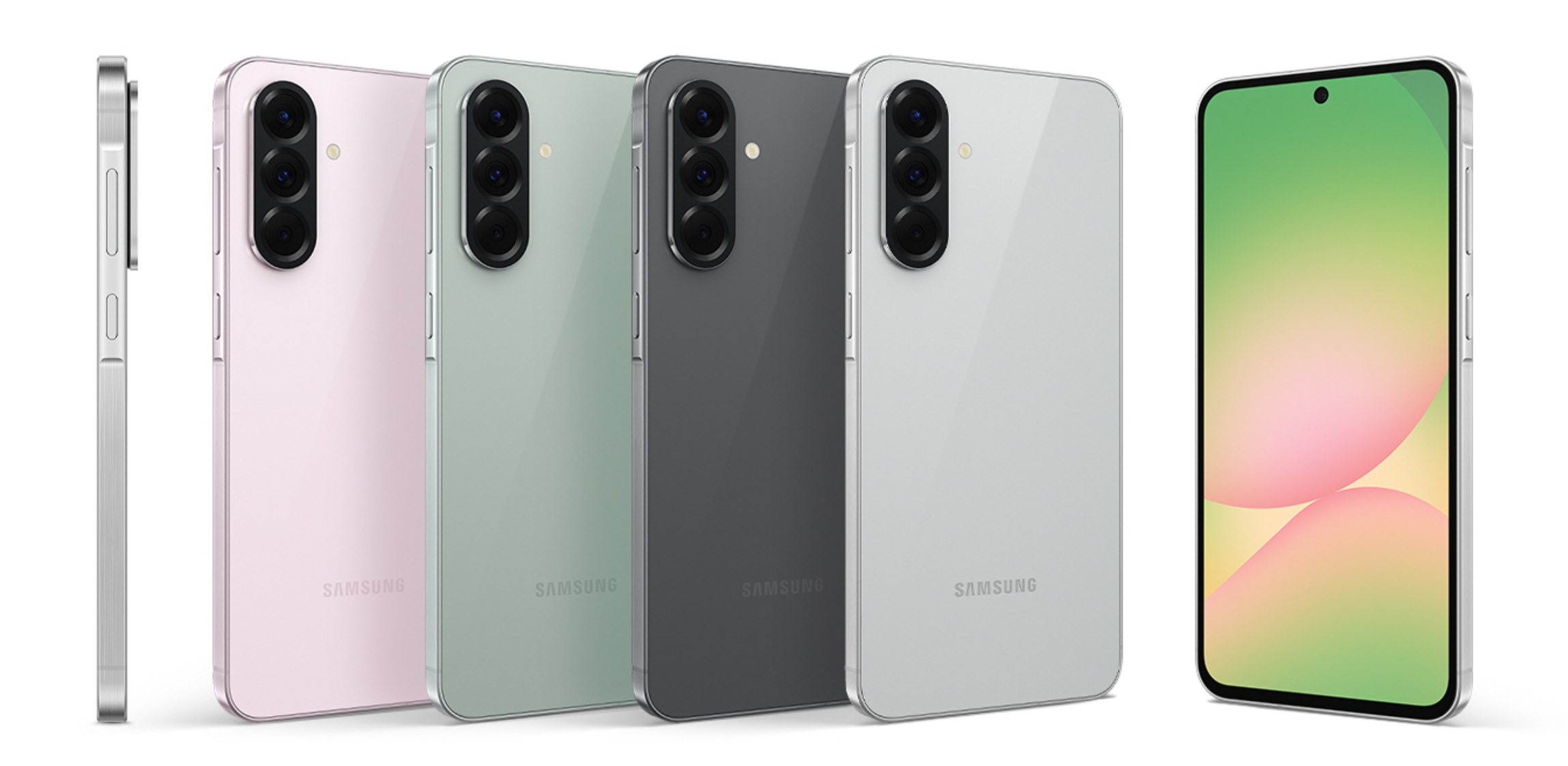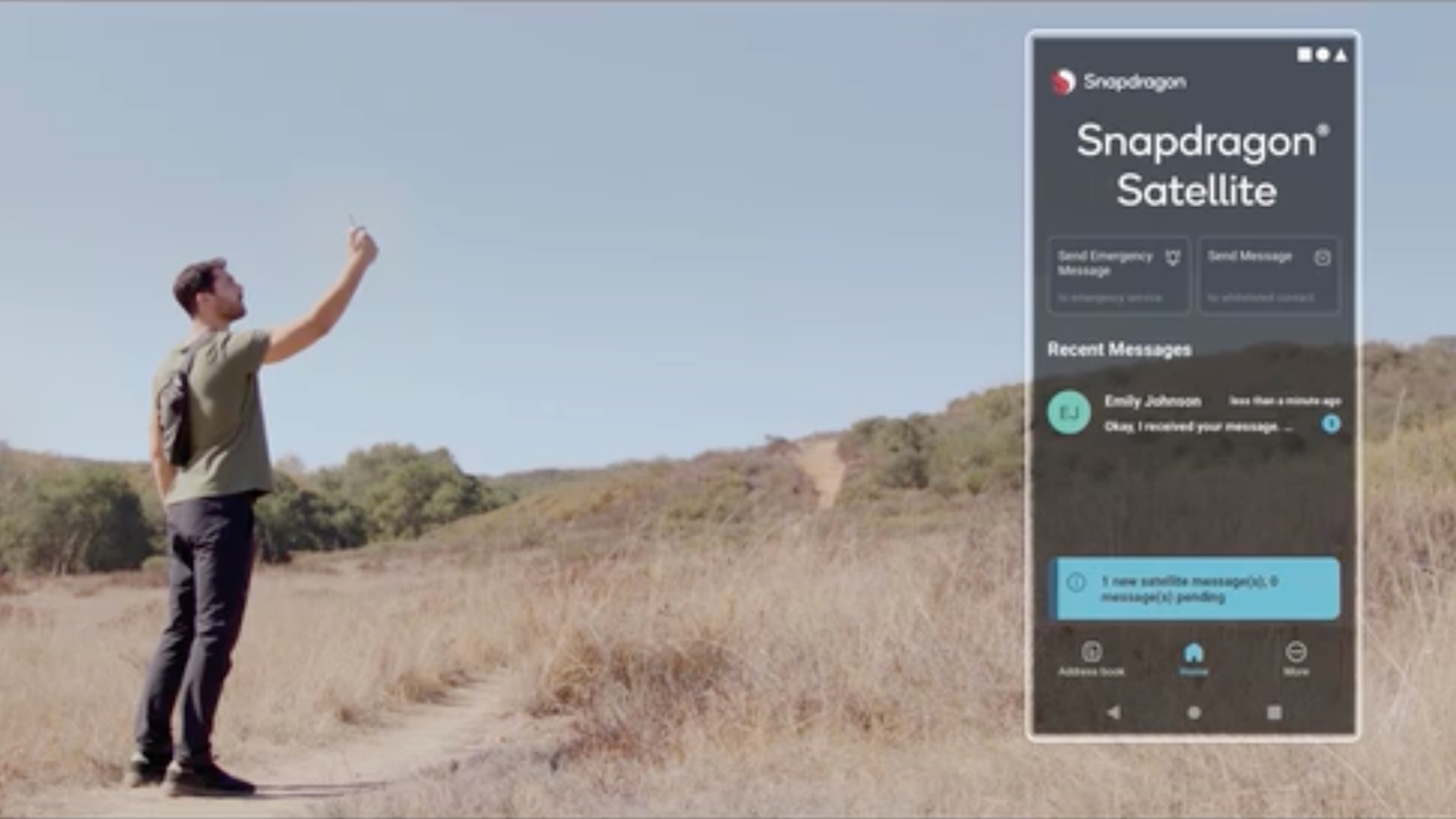
Earlier this year, Qualcomm announced Snapdragon Satellite, a technology that allows phones to send and receive messages even when there is no cellular network in range. However, it doesn't look like the feature is coming to future phones with the Snapdragon 8 Gen 2 chipset.
Android phones with two-way satellite connectivity for emergency situations have been delayed
It is reported that Qualcomm and Iridium have abruptly ended their partnership for two-way satellite connectivity. So, Android smartphone users would have to wait longer before they can see Android devices that support satellite-based emergency communication. Iridium shared in a press release that it successfully developed satellite-based communication for phones in collaboration with Qualcomm, and it successfully demoed the technologies. However, phone brands did not use the feature, so Qualcomm decided to end the agreement.
The Snapdragon 8 Gen 2 chip features Snapdragon Satellite, but it can only be activated on phones that have additional antenna hardware. Qualcomm told CNBC that smartphone brands prefer using standard-based two-way satellite connectivity. Hence, they're not bringing Qualcomm's proprietary technology. So, Qualcomm will continue to develop a standard for this feature in collaboration with Iridium.
The termination of the agreement between Iridium and Qualcomm also opens up the possibility of Iridium partnering directly with smartphone brands, chipset markers, and OS developers.
This story continues after our Galaxy S24 Ultra review video below.
Samsung has developed its own two-way satellite connectivity
While it was rumored that the Galaxy S23 would have two-way satellite communication, it never happened. Samsung MX CEO TM Roh said the ecosystem isn't mature enough to bring the feature. However, Samsung has already developed its own two-way satellite connectivity technology for smartphones, and the technology is expected to be used in the next Exynos modem.
It is expected that the Galaxy S24 will be Samsung's first phone to feature two-way satellite connectivity that can be used in emergency situations.












